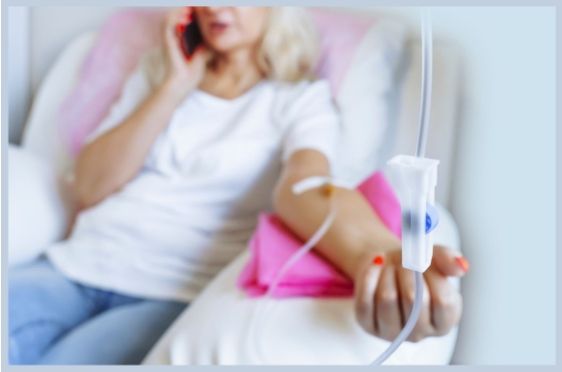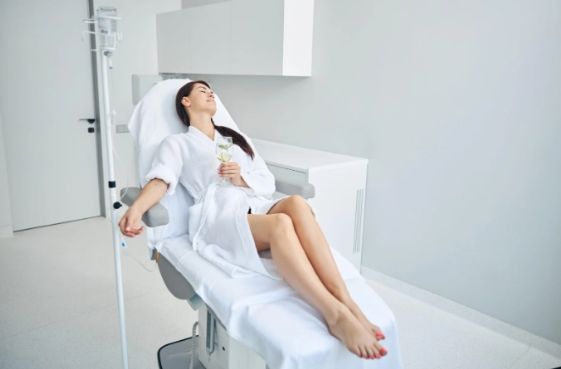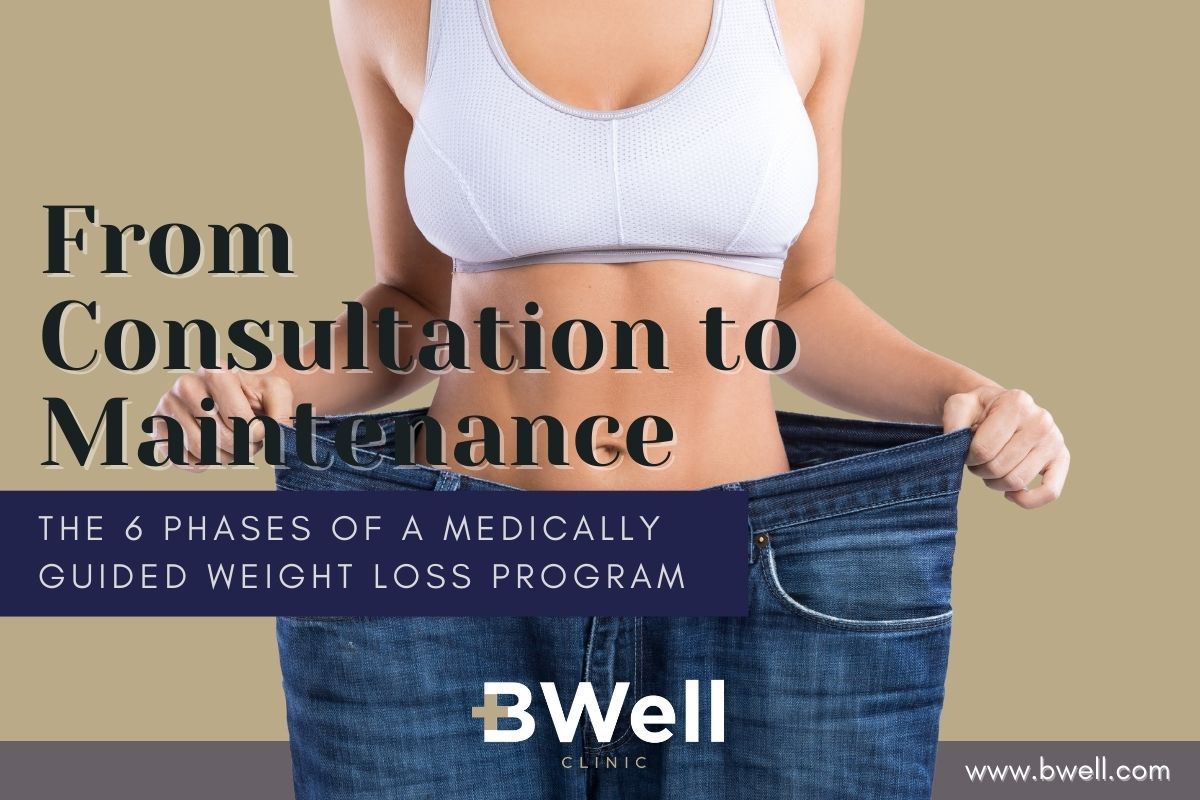Mild dehydration affects more people than expected. Busy schedules, hot weather, exercise, medications, or long travel hours increase the risk. Even being slightly dehydrated affects concentration, mood, and physical energy. Many individuals assume dehydration only occurs in extreme heat or after intense workouts, but the truth is that daily routines often contribute to fluid loss.
7 Signs You're More Dehydrated Than You Think & How IV Therapy Helps

Most people believe drinking a few glasses of water is enough to stay hydrated, but dehydration often hides behind symptoms that are easy to overlook. Fatigue, headaches, or even mood swings can stem from a lack of proper hydration. The problem is that many people do not connect these issues to fluid balance in the body.
Hydration plays a role in almost every function your body performs each day. From energy production to digestion, your body depends on water and electrolytes. When hydration is low, performance, focus, and even immunity begin to decline. Recognizing the warning signs is important so you can take steps before dehydration leads to more serious health concerns.
Why Dehydration Is More Common Than You Realize

7 Overlooked Signs of Dehydration
- Persistent fatigue and brain fog
When hydration drops, your body struggles to deliver oxygen and nutrients efficiently. This often results in tiredness, lack of focus, and slower thinking. People often attribute their symptoms to stress or lack of sleep when, in fact, dehydration is the underlying cause.
- Dry skin and premature fine lines
Skin relies on proper hydration to stay smooth and healthy. Dryness and early signs of wrinkles often reflect low fluid intake. Hydration affects elasticity and overall appearance.
- Frequent headaches or dizziness
Dehydration lowers blood volume and reduces blood flow to the brain. This can trigger headaches or leave you feeling lightheaded. Many people reach for pain relievers instead of addressing fluid loss.
- Muscle cramps and poor workout recovery
Electrolytes are essential for muscle contraction and relaxation. Low hydration causes cramps and slows recovery after physical activity. Athletes often overlook this link, assuming overtraining is the only issue.
- Digestive issues like constipation
Water helps move food through the digestive system. Without enough fluids, stools become harder, leading to constipation and discomfort.
- Mood changes and irritability
Research shows that even mild dehydration impacts mood. Irritability, restlessness, and poor concentration often appear when hydration drops below normal levels.
- Decreased immunity and slow healing
Dehydration reduces the efficiency of the immune system. When your body lacks fluids, recovery from colds, flu, or minor injuries takes longer.
Why Drinking Water Alone Is Not Always Enough

Drinking water is essential, but it is not always sufficient to restore proper hydration. Oral hydration requires digestion and absorption, which can be slow. People who drink plenty of water often feel tired because fluids are not reaching cells quickly enough. Electrolyte imbalances also occur when fluid intake is not paired with essential minerals.
The Role of IV Hydration Therapy
IV hydration therapy delivers fluids, electrolytes, and vitamins directly into the bloodstream. This method bypasses digestion, leading to faster and more complete absorption. For individuals with busy schedules, intense training, or frequent travel, IV therapy provides rapid results.
Benefits include:
- Faster relief from dehydration symptoms
- Balanced electrolytes for better muscle and nerve function
- Improved energy and focus
- Support for immune health
- Quicker recovery from illness or fatigue
At BWell Clinic, we tailor IV drip benefits to match your health needs. We provide IV fluids for dehydration in a safe and professional setting.
Who Benefits Most from IV Hydration

IV hydration is suitable for many people, especially those exposed to higher risks of dehydration.
- Professionals with demanding jobs, such as healthcare workers or construction workers
- Frequent travelers dealing with jet lag or time zone shifts
- Athletes and fitness enthusiasts who need faster recovery after training
- Individuals recovering from illness, food poisoning, or heat exposure
Staying Ahead of Dehydration
Prevention is always better than correction. By making hydration part of your daily routine, you reduce the risk of long-term issues.
Practical tips include:
- Monitor urine color; pale yellow usually reflects healthy hydration
- Include hydrating foods such as cucumbers, oranges, and watermelon
- Set reminders to drink water throughout the day
- Avoid excessive caffeine or alcohol, which increases fluid loss
- Schedule regular IV hydration when lifestyle or work increases your risk
Hydrate Smarter, Live Stronger
Dehydration is not always obvious, and many people miss the early warning signs. Fatigue, headaches, mood changes, and slower recovery all point to low hydration. While drinking water is important, there are times when IV hydration is the smarter choice.
At
BWell Clinic, we offer professional IV hydration treatments designed to restore balance and energy. Our goal is to help you feel your best and maintain peak performance. If you recognize any of the signs listed above, contact us today to book your IV hydration session. Give your body the hydration support it needs with a tailored treatment at BWell Clinic.










